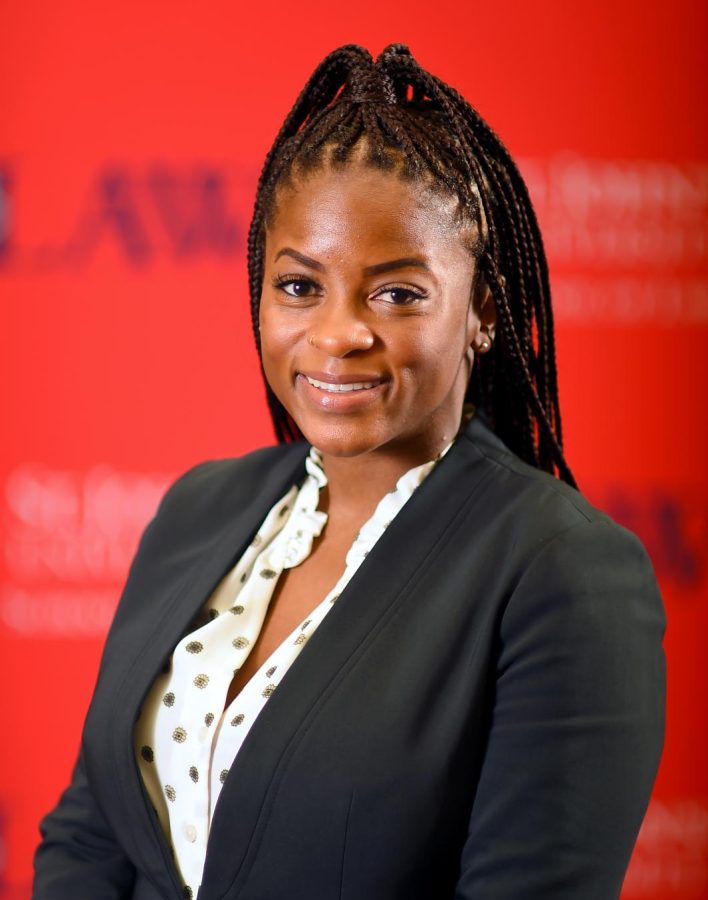Professor Renee Nicole Allen will publish her article Legal Academia’s White Gaze in volume 109 of the Minnesota Law Review. Here is the abstract:
For Black law faculty, Blackness, the Black experience, and Black legal and social identity are not trends. Yet, there are inflection points where legal scholarship about race, particularly Blackness, is in vogue. The most recent rise in such legal scholarship came in the aftermath of George Floyd’s murder and the worldwide Black Lives Matter protests in 2020. When antiracist sentiment is high, the regard for scholarship central to the personhood of Black legal scholars is high. Even then, there is an expectation that Black authors write in ways that conform to the White norms of legal scholarship. Though central to critical scholarship, narrative and first-person accounts are often discounted as lacking the requisite data, information, or substance necessary to interrupt the norms of mainstream legal scholarship. Thus, Black scholars who write about Blackness experience an othering that signals our scholarship—and in essence, our being—is not normal.
Since the late 1980s, Black law faculty have courageously used narrative in legal scholarship to highlight the challenges associated with teaching, scholarship, and service in the law school White space. Adding to that canon of literature, this article examines how legal academia’s White gaze is an infrastructure of injustice for people racialized as Black. First, this article pinpoints Whiteness as the infrastructure of injustice that undergirds legal academia’s traditions, practices, and policies. Next, this article expands existing legal scholarship about the law school White space, focusing on embedded White norms and resulting behaviors, namely the know-your-place aggression and complicit bias that are key aspects of legal academia’s White gaze. Inspired by Toni Morrison and building on existing legal scholarship and concepts discussed herein, I define the White gaze as the operational norm of White space wherein Black people are scrutinized through the lens of Whiteness, resulting in their exclusion, subordination, and objectification. Next, this article highlights the discursive and social practices of legal academia’s White gaze to illustrate how legal academia is an infrastructure of injustice for Black faculty engaged in the hallmarks of academic life: teaching, scholarship, and service. Finally, it briefly discusses dismantling Whiteness and centering Blackness.

